
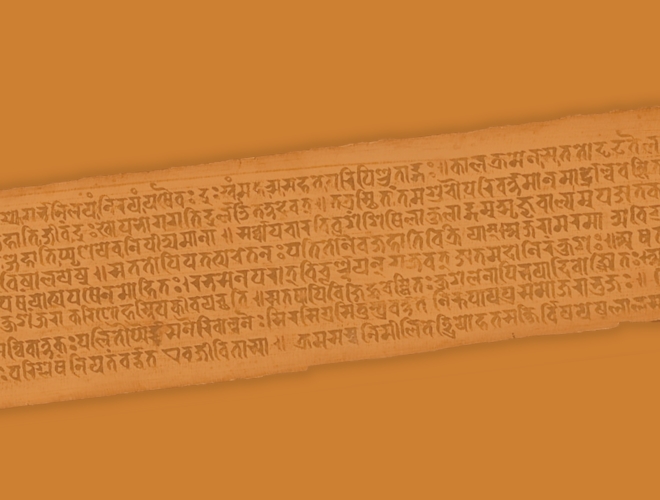
This event is over. See upcoming events
8:00 AM - 1:00 PM (UTC+5.5)
Symposium On Vedāṅga-s
SPEAKERS
-
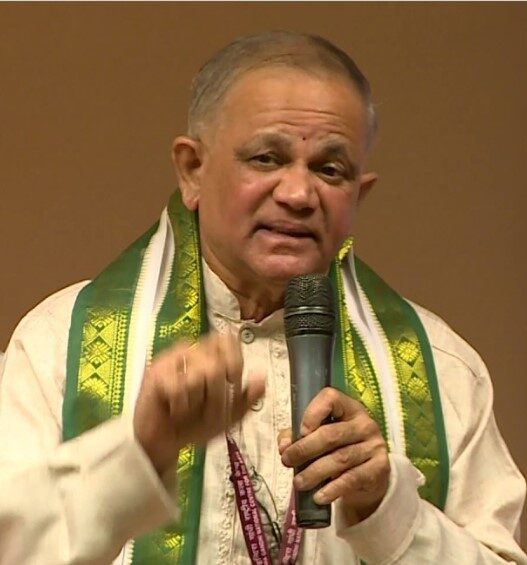
Mahamahopadhyaya Korada Subrahmanyam
Professor of Sanskrit, Centre for Applied Linguistics and Translation Studies, University of Hyderabad (Retired)
-
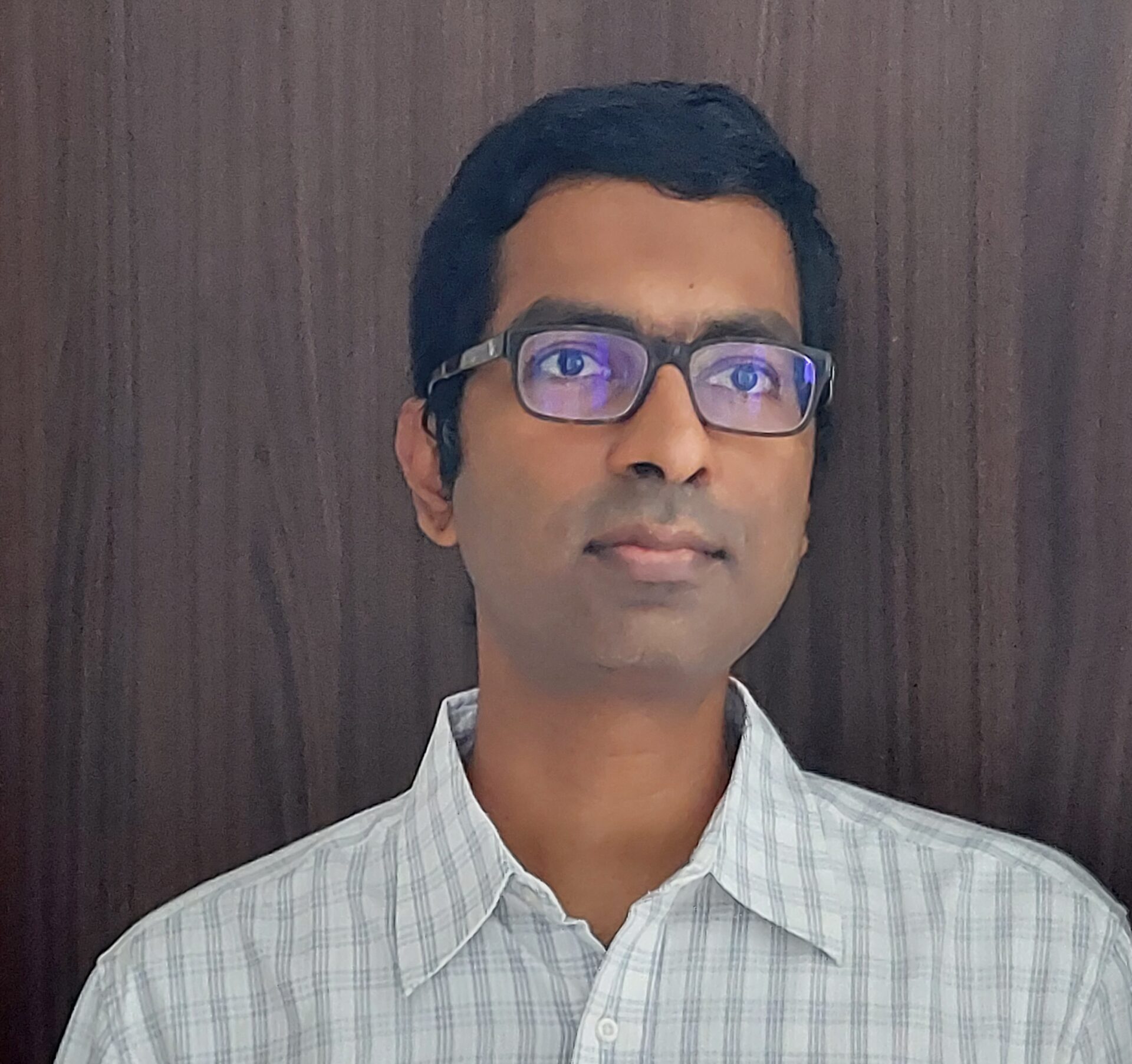
Arvind Iyer
Research Associate, Krishnamacharya Yoga Mandiram, Chennai
-
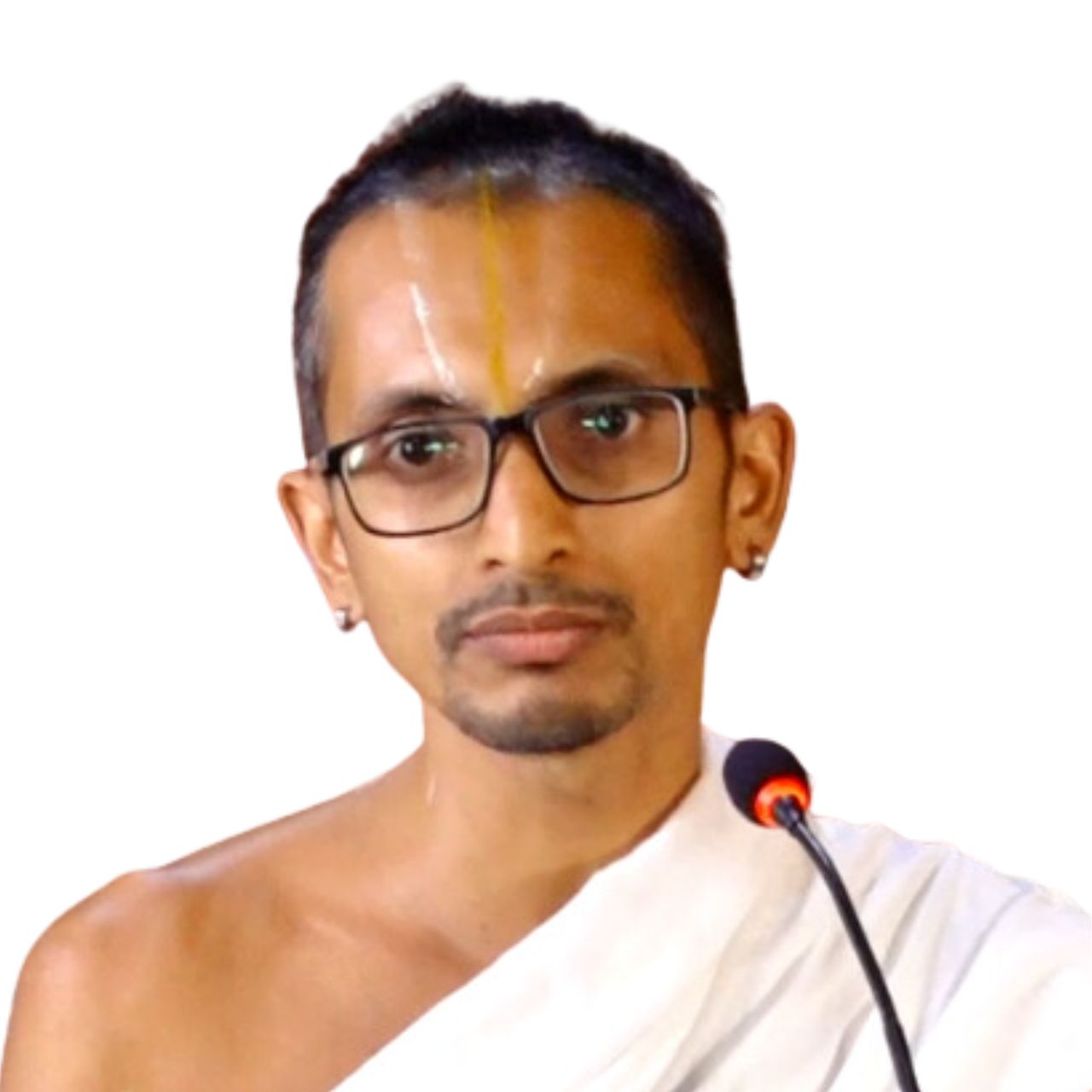
Vishvas Vasuki
Scholar
-
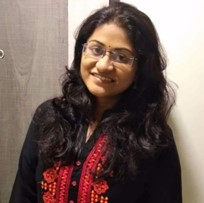
Sushree Sasmita Pati
Assistant Professor, School of Sanskrit at Gangadhar Meher University, Sambalpur, Odisha.
-
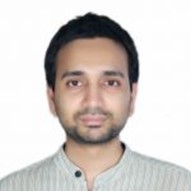
Aditya Kolachana
Assistant Professor in the Department of Humanities and Social Science at IIT Madras
-
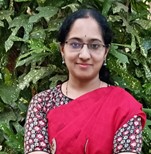
Vanishri Bhat
Scholar
-
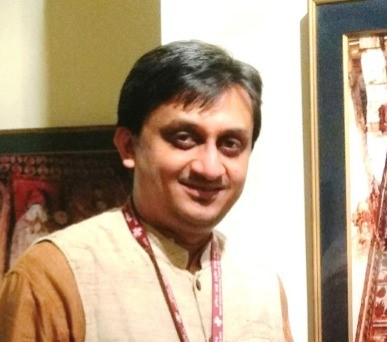
Megh Kalyanasundaram
Director – Special Projects, INDICA
Categories:
Contact
INDICA’s Center for Bhasha Studies (CBS) invites you to the fourth online symposium, on Vedāṅga-s, on October 14th, 2023 (Sat), from 0800 to 1300 hrs IST.
Vedāṅga-s—comprising Śikṣā, Vyākaraṇa, Chandas, Nirukta, Kalpa, and Jyotiṣa—are a “specific body of knowledge, practices, and tools and techniques”[1] that were created to preserve the Veda-s and appropriately use them. Vedāṅga is a combination of two words: Veda and Aṅga. Aṅga (अङ्ग) is used here in the sense of Upakāraka (loosely, useful tool):
“‘अङ्ग’ शब्द का व्युत्पत्तिलभ्य अर्थ है- ‘उपकारक’- ‘अङ्ग्यन्ते ज्ञायन्ते अमीभिरिति अङ्गानि’, अर्थात् जिनके द्वारा किसी वस्तु के स्वरूप को जानने में सहायता मिलती है उन्हें ‘अङ्ग’ कहते हैं। भाषा तथा भाव दोनों दृष्टियों से वेद दुर्बोध है अतः वेद के अर्थज्ञान के लिए उसके कर्मकाण्ड के प्रतिपादन में जो उपयोगी शास्त्र हैं उन्हें ‘वेदाङ्ग’ नाम से अभिहित किया जाता है। वेद के यथार्थ ज्ञान के लिए छह विषयों को जानना परमावश्यक है। वैदिक मन्त्रों का ठीक-ठीक उच्चारण प्रथम आवश्यक वस्तु है। इस उच्चारण के निमित्त प्रवर्तमान वेदाङ्ग ‘शिक्षा’ कहलाता है। वेद का मुख्य प्रयोजन वैदिक कर्मकाण्ड, यज्ञ-याग का यथार्थ है। इसके लिए प्रवर्तमान अङ्ग ‘कल्प’ कहलाता है। कल्प का अर्थ है- ‘कल्प्यते समर्थ्यते यागप्रयोगोऽत्र’ अर्थात् यज्ञ के प्रयोगों का समर्थन जिसमें किया जाय वह ‘कल्प’ है। व्याकरण-शास्त्र पदों के प्रकृति-प्रत्यय का उपदेश देकर पद के स्वरूप का परिचय तथा उसके अर्थ का भी निश्चय करता है। फलतः पदस्वरूप और पदार्थ-निश्चय के निमित्त ‘व्याकरण’ का उपयोग होने से वह भी वेदाङ्ग है । ‘निरुक्त’ में पदों की निरुक्ति बताई गयी है । निरुक्ति की भिन्नता से अर्थ में भिन्नता होती है। इसलिए वेद के अर्थनिर्णय के लिए ‘निरुक्त’ भी वेदाङ्ग कहा जाता हैं । वेद छन्दोमयी वाणी है । छन्दों से परिचित होने पर ही मन्त्रों के उच्चारण और पाठ का यथार्थ ज्ञान हो सकता है। इसीलिए छन्दों की वेदाङ्गता है। ज्योतिष यज्ञ-याग के उचित समय का निर्देश करता है। नक्षत्र, तिथि, मास तथा सम्वत्सर का ज्ञान वैदिक कर्मकाण्ड के लिए आवश्यक है। इसीलिए ज्योतिष की वेदाङ्गता है।”[2]
“Śikṣā is the nose of the Vedapuruṣa, Vyākaraṇa his mouth, Kalpa his hand, Nirukta his ear, Chandas his foot and Jyotiṣa his eye.”[3] “Of the six primary Vedāṅgas, phonetics or Śikṣā (literally meaning “the study” or “teaching”) is usually listed first and is regarded as the most important. Because the Vedas were preserved and transmitted orally, rules for precise pronunciation were crucial for maintaining the accuracy and integrity of the texts. Phonetics emerged as the first branch of linguistics, and its categories—sound, accent, quantity, articulation, recital, and connection —were fundamental for the subsequent development of linguistic studies. Important works on phonetics were composed by Pāṇini, Nārada, Vyāsa, and others.
Vyākaraṇa (“distinction,” “separation”) is so termed because grammar distinguishes roots, suffixes, and prefixes: it is the science that analyzes the parts and structure of a word and the method for such divisions. It also explains how correct words and sentences are formed from basic elements so that the intended meaning is clearly expressed, and is therefore also a crucial science for both the preservation and the understanding of the Vedas. Pāṇini’s Aṣṭādhyāyī (Eight chapters) is the foundational text on grammar, along with important commentaries by Kātyāyanīputra (Kātyāyana) and Patan̄jali.
Chandas, or prosody, is the Vedāṅga that gives rules for the various meters in which the Vedas are recited, and lays out their classification and characteristics. The meters are divided into fourteen types ranging from those with twenty-four letters (the gāyatrī ) to those with seventy-six. The word chandas is sometimes used as a synonym for Vedic speech itself, as opposed to common language (bhāṣā).
According to tradition, there were originally some fourteen works of etymology included in the Vedāṅga designated Nirukta. Only one of these survives. The sole extant representative of the Vedāṅga dealing with etymology is the Nirukta by Yāska (dated ca. 500 bce), which is a commentary on an older work (called the Nighantu) consisting of lists, groupings, and synonyms of words from the Ṛgveda. Yāska provides etymologies for these words and explanations of the stanzas from the Ṛgveda in which they occur. In the Nirukta, Yāska says he composed his text to insure that the correct meaning of the Veda is preserved even as people’s abilities decline the further removed they are from the time of the original seers, who “heard” the Veda with direct intuitive insight. Without the aid of etymology, Yāska claims, the meaning of the Veda cannot be properly determined.
Vedic rituals were performed regularly at the various “junctures” of time: sunrise and sunset, the advent of new and full moons, the turn of the seasons, and the beginning of the new year. The ancient Indian science of astronomy developed out of the need for exact computations of the proper times for performing those rituals. Additionally, works on this subject also address what we would label astrology: the casting of horoscopes and predictions made on the basis of the location of the planets and stars, which helped the specialist adduce the most auspicious times for important events.
Finally, the Vedāṅga called Kalpa (from the Sanskrit root meaning “to prepare, design, arrange, or accomplish”) consists of the rules and procedures for the actual performance of rituals. Kalpasūtras were produced by different ritual schools attached to one or another of the Vedas and are named after their mythical or semi-mythical founders (e.g., Baudhāyana, Āpastamba, etc.). A full Kalpasūtra consists of four principal components. First, there is the Śrautasūtra, which deals with the rules for performing the most complex rituals of the Vedic repertoire. Next comes the Gṛhyasūtra, which lays out the injunctions governing performance of the simpler “domestic” or household rituals. Third is the Dharmasūtra, which extends the reach of ruled, ritualized behavior to ethics and purity as they pertain to nearly every sector of daily life. Finally, a complete Kalpasūtra will also contain a Śulbasūtra that gives the rules of measurement for the construction of ritual altars. From this last component developed the Indian sciences of geometry, trigonometry, and algebra.”[4]
With three previous symposiums of INDICA having covered some aspects of Vyākaraṇa, Chandas, and Nirukta, the forthcoming one will focus on some aspects of the remaining three Vedāṅga-s, that is, Śikṣā, Kalpa, and Jyotiṣa.
|
Megh Kalyan |
On Vedāṅga-s: Some Thoughts |
800 |
|
Arvind Iyer |
Summarising Vyākaraṇa, Chandas, & Nirukta INDICA symposiums |
815 |
|
Korada Subrahmanyam |
An overview of Śikṣā |
845 |
|
Vishvas Vasuki |
Kalpa – Embodied Religion |
930 |
|
Sushree Sasmita Pati |
An overview of Dharmasūtra-s |
1015 |
|
Aditya Kolachana |
Vedāṅga Jyotiṣa |
1100 |
|
Vanishri Bhat |
An overview of Śulbasūtra-s |
1145 |
|
Megh Kalyan |
Closing remarks |
1230 |
To study the Vedāṅga-s is to embark on a journey of discovery. It is to learn about the secrets of language, the rhythms of the universe, the meaning of life itself (and more!). Join us on Saturday, October 14th, 2023, from 08:00 to 1300 hrs IST to explore various aspects of the Vedāṅga-s.
[1] Mahadevan et al (2022:38)
[2] उपाध्यायबलदेव (1997:9)
[3] Saraswati (2008:278)
[4] “Vedāṅgas” in https://www.encyclopedia.com/
References
B, Mahadevan, Vinayak Rajat Bhat, and Nagendra Pavana R.N. 2022. Introduction to Indian Knowledge System – Concepts and Applications. PHI Learning Pvt. Ltd.
Saraswati, Chandrasekharendra. 2008. Hindu Dharma : The Universal Way of Life. Mumbai Bharatiya Vidya Bhavan.
Upadhyaya , Baldev. 1997. संस्कृत-वाङ्मय का बृहद् इतिहास. Vol. II (द्वितीय खण्ड) वेदाङ्ग. Lucknow: उत्तर प्रदेश संस्कृत संस्थान.
“Vedāṅgas.” Encyclopedia of Religion. Encyclopedia.com. (September 19, 2023). https://www.encyclopedia.com/environment/encyclopedias-almanacs-transcripts-and-maps/vedangas